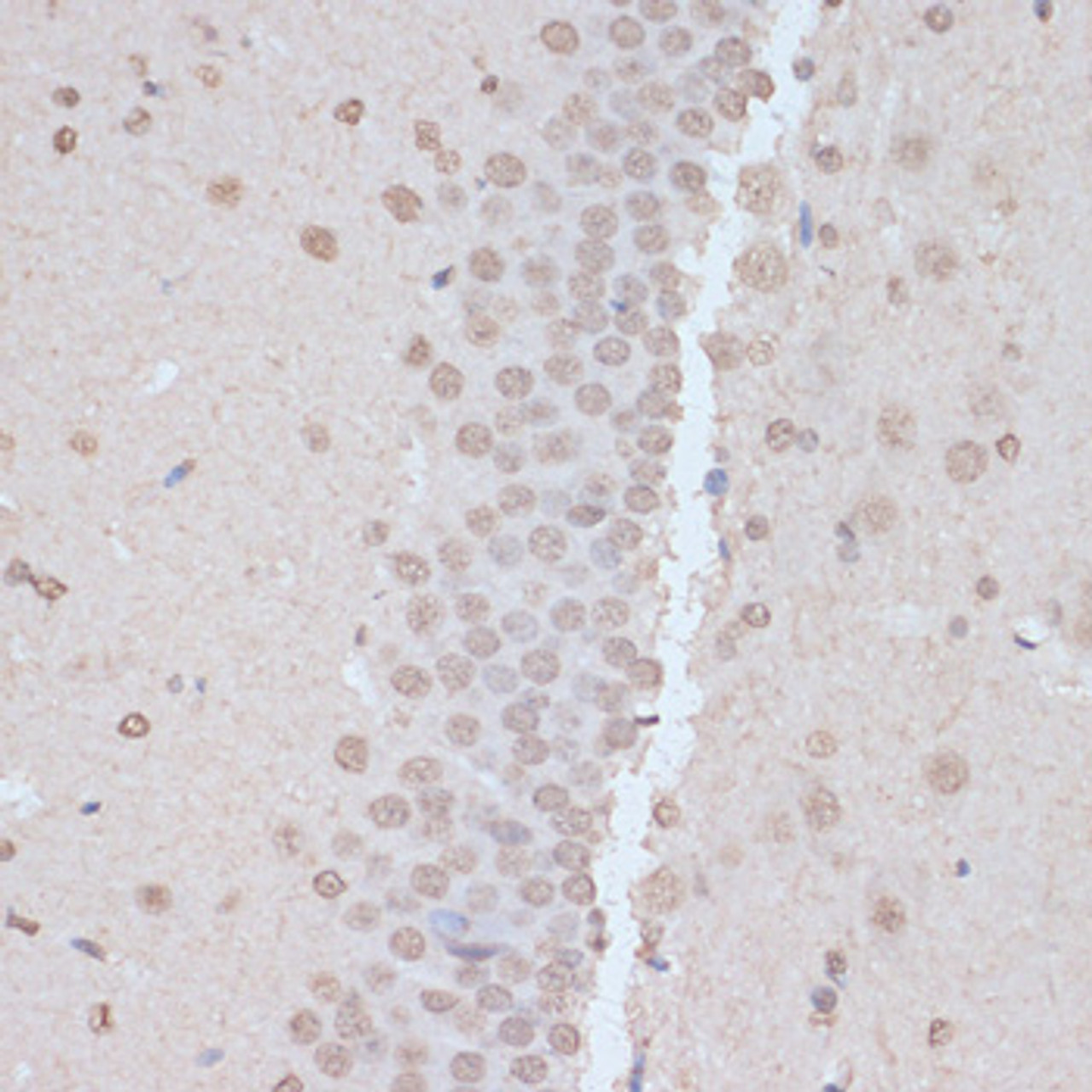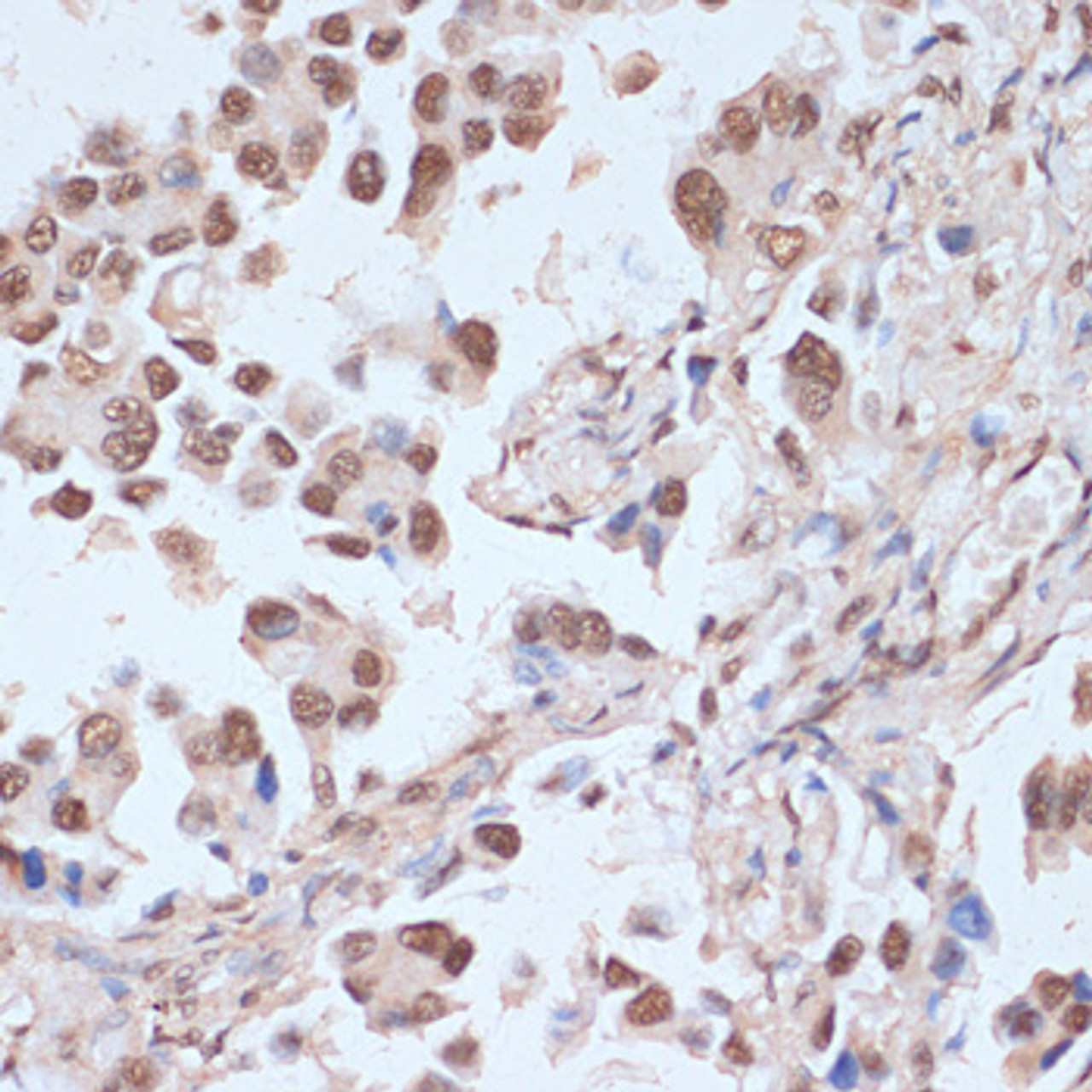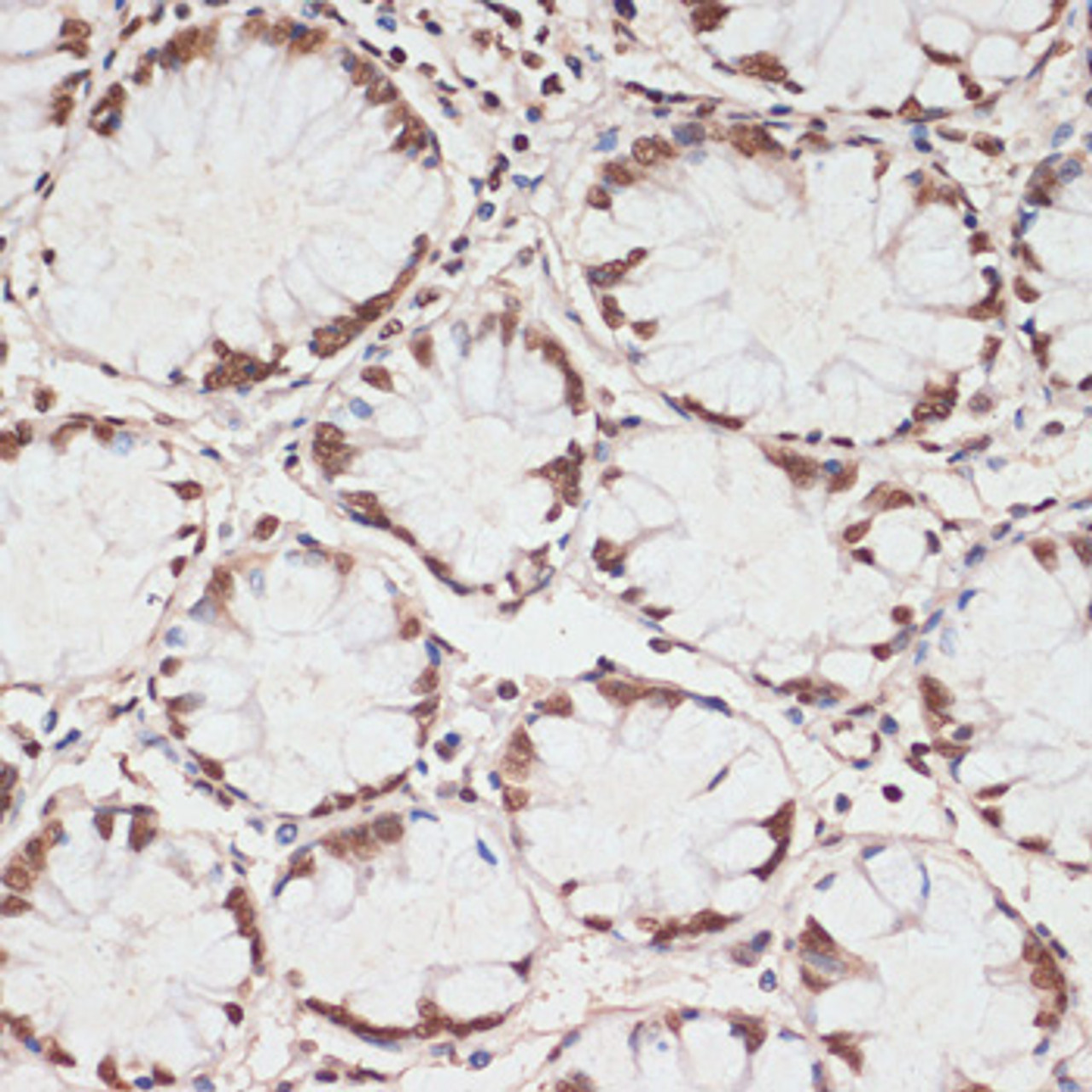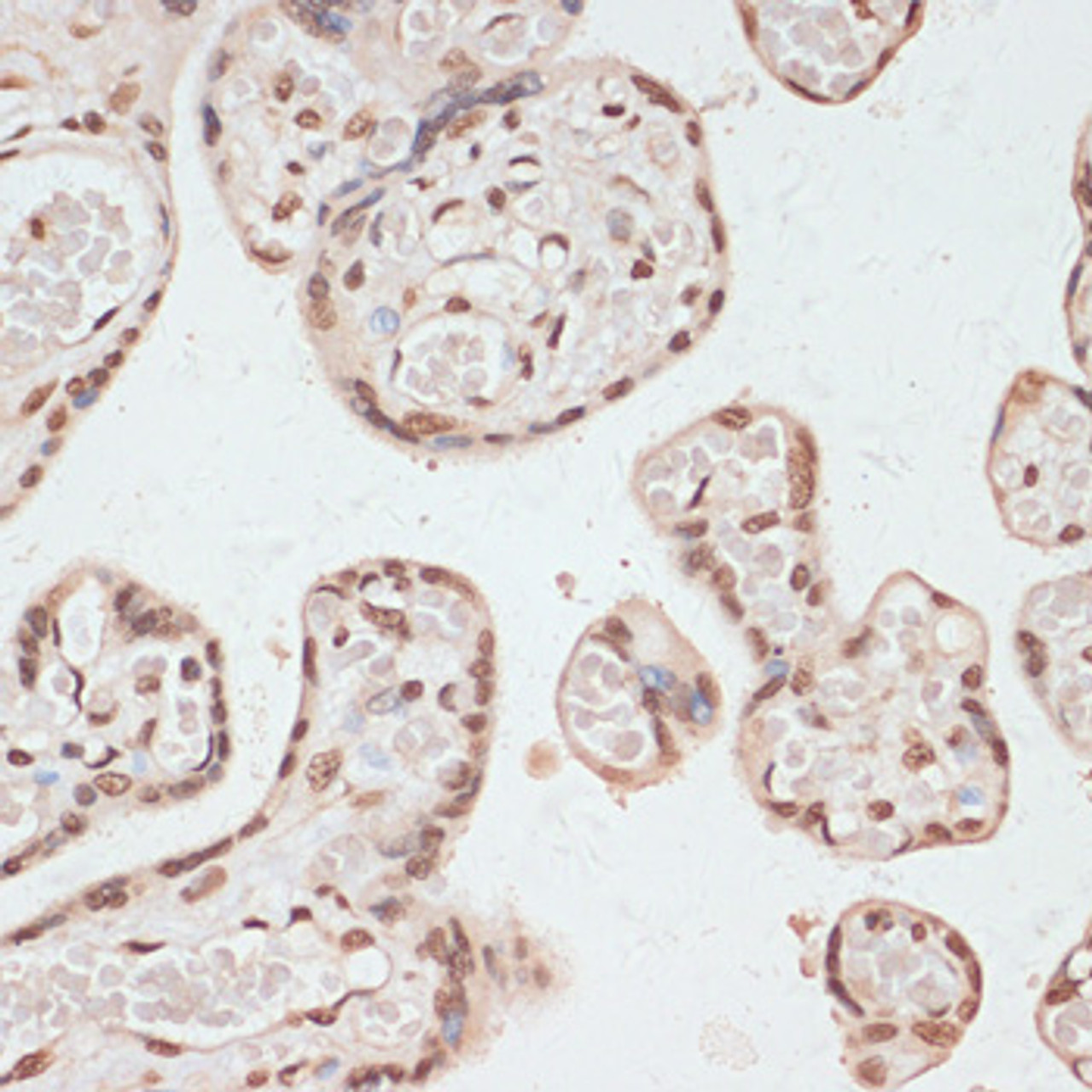Product Description
Phospho-PRKAA1(T183)/PRKAA2(T172) Polyclonal Antibody | E-AB-68090 | Elabscience
Type: Phosphorylated antibody
Synonyms: AMPKa1/AMPKa2
Application: WB, IHC
Reactivity: Human, Mouse, Rat
Host: Rabbit
Isotype: IgG
Reserch Areas: N/A
Background: The protein encoded by this gene belongs to the ser/thr protein kinase family. It is the catalytic subunit of the 5'-prime-AMP-activated protein kinase (AMPK). AMPK is a cellular energy sensor conserved in all eukaryotic cells. The kinase activity of AMPK is activated by the stimuli that increase the cellular AMP/ATP ratio. AMPK regulates the activities of a number of key metabolic enzymes through phosphorylation. It protects cells from stresses that cause ATP depletion by switching off ATP-consuming biosynthetic pathways. Alternatively spliced transcript variants encoding distinct isoforms have been observed./The protein encoded by this gene is a catalytic subunit of the AMP-activated protein kinase (AMPK). AMPK is a heterotrimer consisting of an alpha catalytic subunit, and non-catalytic beta and gamma subunits. AMPK is an important energy-sensing enzyme that monitors cellular energy status. In response to cellular metabolic stresses, AMPK is activated, and thus phosphorylates and inactivates acetyl-CoA carboxylase (ACC) and beta-hydroxy beta-methylglutaryl-CoA reductase (HMGCR), key enzymes involved in regulating de novo biosynthesis of fatty acid and cholesterol. Studies of the mouse counterpart suggest that this catalytic subunit may control whole-body insulin sensitivity and is necessary for maintaining myocardial energy homeostasis during ischemia.
Concentration: 1 mg/mL
Storage: Store at -20°C. Avoid freeze / thaw cycles.
Immunogen: A phospho specific peptide corresponding to residues surrounding T172 of human AMPKα
Buffer: PBS with 0.02% sodium azide, 50% glycerol, pH7.3
Purification Method: Affinity purification
Dilution: WB 1:500-1:2000 IHC 1:50-1:100
Clone: N/A
Conjugation: Unconjugated
Molecular Weight(Calculated): 64 kDa/65 kDa
Molecular Weight(Observed): 64 kDa
 Euro
Euro
 USD
USD
 British Pound
British Pound
 NULL
NULL






















